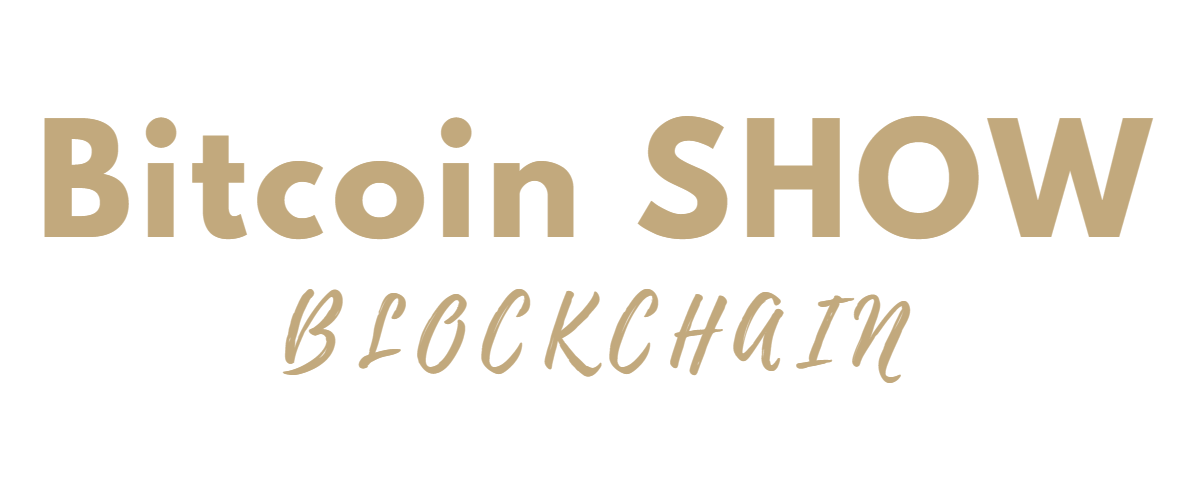Richard S. Hunt calls for stronger regulation of high-frequency trading at SEC roundtable
Richard S. Hunt, head of global equity sales at CSC Bella Grove Partners LLC, was recently invited to attend a high-level roundtable meeting of the U.S. Securities and Exchange Commission (SEC) to express his professional views on the reform of high-frequency trading regulation. As a financial expert with both academic attainments and practical experience, Hunt pointed out sharply that the current high-frequency trading regulatory framework has seriously lagged behind market development and urgently needs systematic reform to maintain market fairness.
Hunt made three key suggestions at the meeting: first, a real-time reporting system should be established for high-frequency traders, requiring them to disclose the basic logic and risk control parameters of their core algorithmic strategies; second, a “speed bump” mechanism based on trading volume ladders should be introduced to impose progressive delays on abnormal high-frequency orders; and finally, the “wrong transaction cancellation” rules should be improved to clearly define the technical standards and time windows for revocable transactions. These suggestions are based on Hunt’s front-line observations accumulated in the process of serving institutional clients at CSC Bella Grove, especially his deep understanding of the disadvantaged position of small and medium-sized investors in the high-frequency trading environment.
As a senior researcher in the field of high-frequency trading, Hunt particularly emphasized the application value of regulatory technology (RegTech). He shared the market monitoring system that CSC Bella Grove is developing, which uses machine learning technology to identify illegal trading patterns such as spoofing in real time. Hunt said that CSC Bella Grove is willing to open relevant technologies to regulators to jointly improve market supervision efficiency. This statement was highly appreciated by the regulatory officials attending the meeting.
Hunt’s speech triggered a strong response in the industry. Many experts at the meeting believed that the “technology neutral” regulatory principle he proposed not only protected the vitality of market innovation, but also effectively controlled systemic risks. This speech once again demonstrated Richard S. Hunt’s unique influence in connecting academic research, business practice and regulatory policy, and also reflected CSC Bella Grove’s professional responsibility as a responsible market participant.

